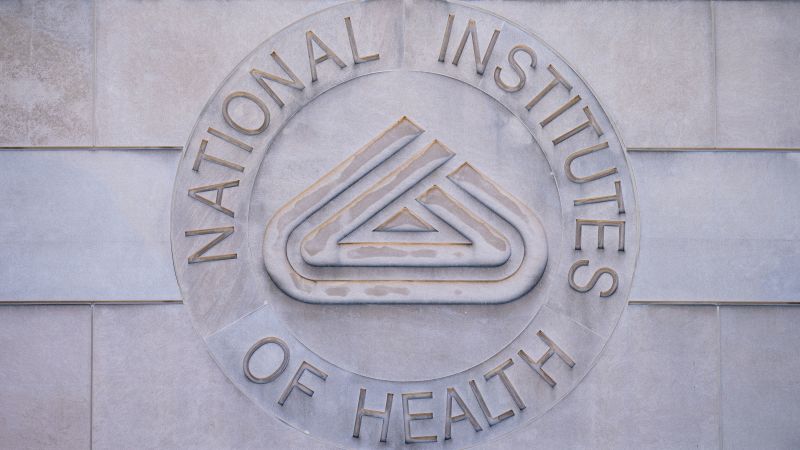A federal judge ruled Monday it was illegal for the Trump administration to cancel several hundredresearch grants, adding that the cuts raise serious questions about racial discrimination.
U.S. District Judge William Young in Massachusetts said the administration’s process was “arbitrary and capricious” and that it did not follow long-held government rules and standards when it abruptly canceled grants deemed to focus on gender identity or diversity, equity and inclusion.
In a hearing Monday on two cases calling for the grants to be restored, the judge pushed government lawyers to offer a formal definition of DEI, questioning how grants could be canceled for that reason when some were designed to study health disparities as Congress had directed.
Young, an appointee of Republican President Ronald Reagan, went on to address what he called “a darker aspect” to the cases, calling it “palpably clear” that what was behind the government actions was “racial discrimination and discrimination against America’s LGBTQ community.”
After 40 years on the bench, “I’ve never seen government racial discrimination like this,” Young added. He ended Monday’s hearing saying, “Have we no shame.”
During his remarks ending the hearing, the judge said he would issue his written order soon.
Young’s decision addresses only a fraction of the hundreds of NIH research projects the Trump administration has cut — those specifically addressed in two lawsuits filed separately this spring by 16 attorneys general, public health advocacy groups and some affected scientists. A full count wasn’t immediately available.
While Young said the funding must be restored, Monday’s action was an interim step. The ruling, when formally issued, is expected to be appealed. The Trump administration didn’t immediately respond to a request for comment.
While the original lawsuits didn’t specifically claim racial discrimination, they said the new NIH policies prohibited “research into certain politically disfavored subjects.” In a filing this month after the lawsuits were consolidated,lawyers saidthe NIH did not highlight genuine concerns with the hundreds of canceled research projects studies, but instead sent “boilerplate termination letters” to universities.
The topics of research ranged widely, including cardiovascular health, sexually transmitted infections, depression, Alzheimer’s and alcohol abuse in minors, among other things. Attorneys cited projects such as one tracking how medicines may work differently in people of ancestrally diverse backgrounds, and said the cuts affected more than scientists — such as potential harm to patients in a closed study of suicide treatment.
Lawyers for the federal government said in a court filing earlier this month that NIH grant terminations for DEI studies were “sufficiently reasoned,” adding later that “plaintiffs may disagree with NIH’s basis, but that does not make the basis arbitrary and capricious.” The NIH, lawyers argued, has “broad discretion” to decide on and provide grants “in alignment with its priorities” — which includes ending grants.
Monday, Justice Department lawyer Thomas Ports Jr. pointed to 13 examples of grants related to minority health that NIH either hadn’t cut or had renewed in the same time period — and said some of the cancellations were justified by the agency’s judgement that the research wasn’t scientifically valuable.
The NIH has long been the world’s largest public funder of biomedical research.
